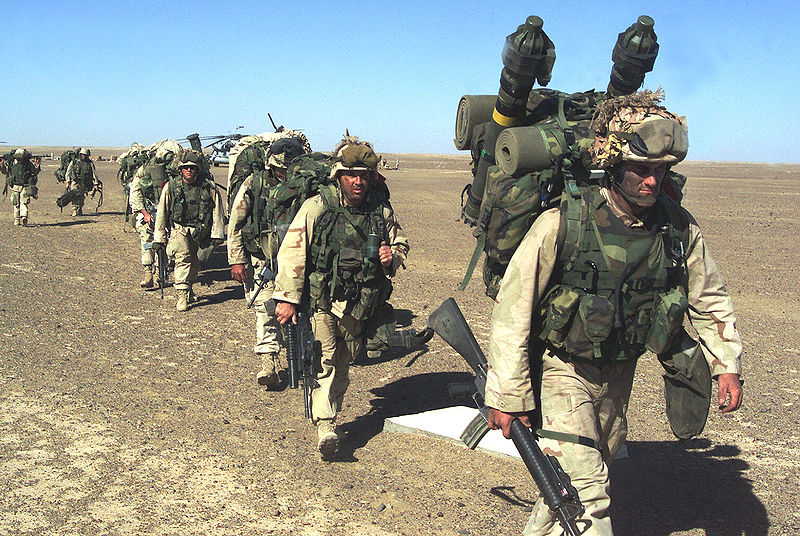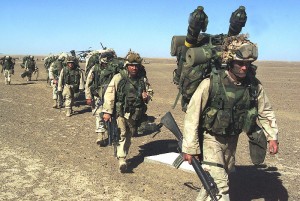US-led combat mission in Afghanistan formally ends


The US and its NATO allies on Sunday marked the formal end of the war in Afghanistan where a new international training and support mission is set to begin.
After a little more than 13 years after the launch of airstrikes against Osama bin Laden’s Al Qaeda and their Taliban protectors following the 11 September 2001 terrorist attacks, at least one of the objectives of the combat operations of the International Security Assistance Force (ISAF) in Afghanistan seems to have been achieved: Al Qaeda leaders and training camps have disappeared from Afghanistan.
The ISAF combat operation, carried out under a United Nations mandate, also aimed to provide stability, assist in the rebuilding of Afghanistan and democratize the country.
“We have made Afghanistan stronger, and we have made our own nations safer. This has been a challenging mission in many aspects: militarily, politically, economically,” NATO Secretary General Jens Stoltenberg told combat troops prior to their departure. “But we have met these challenges.”
ISAF mission commander, US Gen. John Campbell, rolled up the ISAF flag and unfurled the flag of the new international mission, called Resolute Support, that will formally take over from the start of 2015.
“Resolute Support will serve as the bedrock of an enduring partnership” between NATO and Afghanistan,” Campbell said at a ceremony at the ISAF military headquarters in Kabul marking the end of the gradual transfer of responsiblity to the 350,000-strong Afghan forces who have been in charge of nationwide security since the middle of 2013.
“Our commitment to Afghanistan endures. . . . We are not walking away,” Campbell said.
Some 13,500 foreign troops, most of them from the US, will remain in Afghanistan as part of Resolute Support. They will assist the Afghan army and police to fight the Taliban but won’t be involved in direct combat. US forces will continue to provide some air support to the Afghan military, and may extend operations if required to prevent rapid Taliban advances.
When numbers peaked in 2011, about 130,000 troops from 50 nations were part of ISAF which has suffered 3,485 military deaths since 2001.
Afghanistan’s President Ashraf Ghani, who took office in September, signed bilateral security agreements with the US and NATO allowing the enduring military presence. The move has led to a rise in violence as the Taliban have the deals as an excuse to step up operations against government forces.
The three-month period since Ghani took office has been marked by political uncertainty. The country has yet to form a government but talks between the president and his coalition partner, Abdullah Abdullah, have stalled over disagreement on who to appoint to the keypost of Interior Minister.
Source: Sofia News Agency




